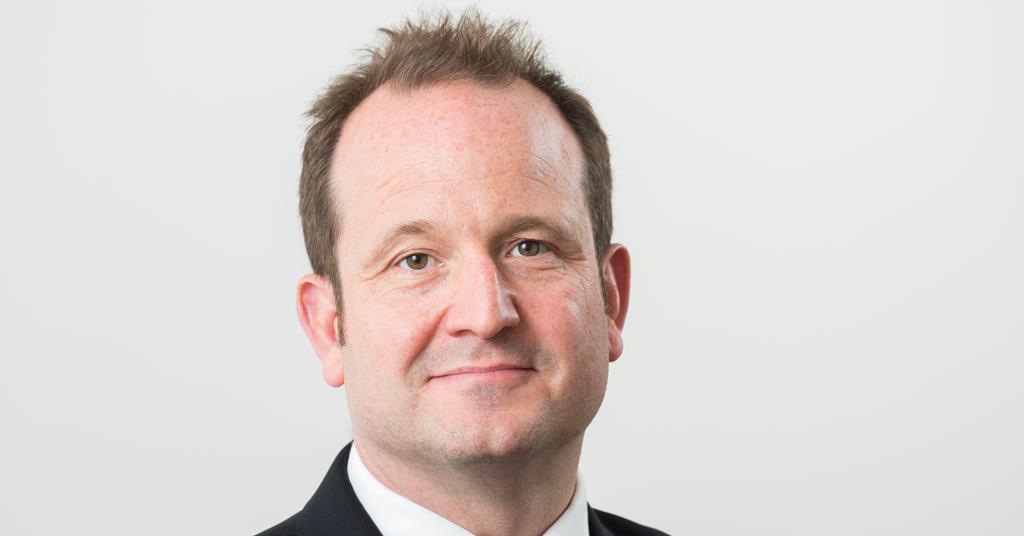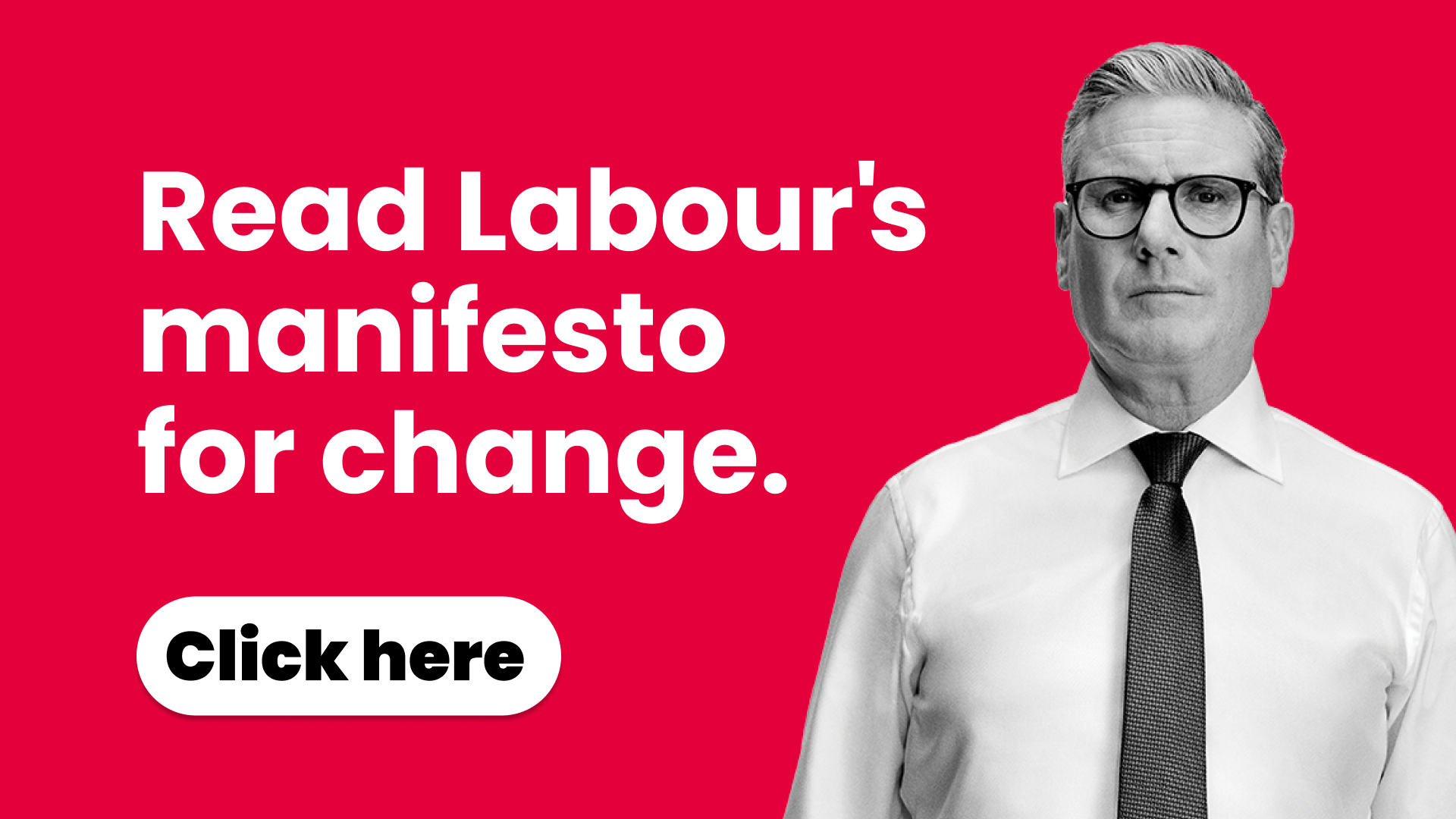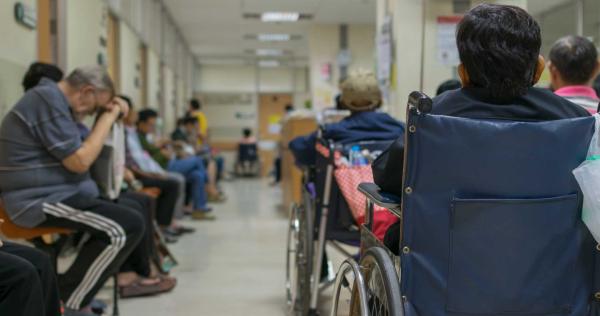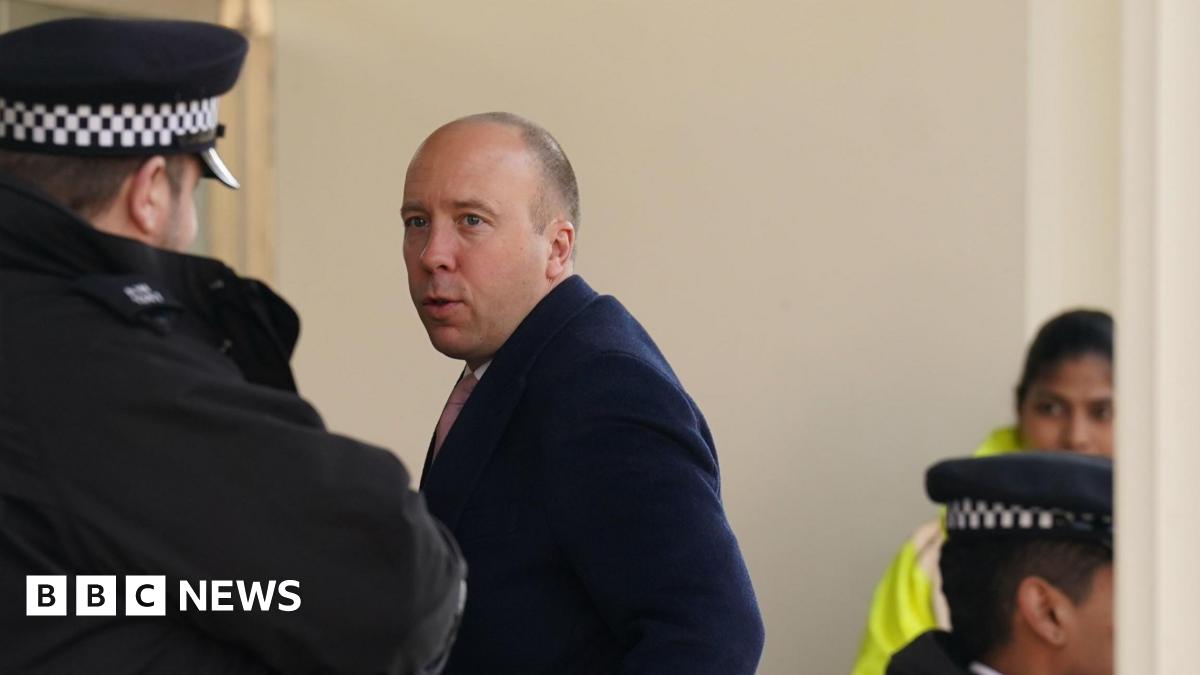Cowper’s Cut 368: Recapturing the NHS with Targets And Terror (Redux)


To the considerable surprise of absolutely nobody, the competition to be the next chief executive of Guys and St Thomases has been won by its penultimate chief executive, NHS England’s outgoing chief executive Amanda Pritchard.
Health Service Journal’s story reports information that the other candidates applying via the Odgers recruitment process withdrew once The Woman In Black’s candidacy became known, which feels like a fairly enormous waste of the substantial cost of hiring Odgers.
The TT races
Meanwhile, The Woman In Black’s interim replacement, Mr In-Between himself Sir James Mackey has announced his senior leadership ‘transformation team’. Quite a few names are from acute trust leadership backgrounds.
Those appointed who are not current NHSE national directors include deputy chief executive David Probert (also remaining CEO of UCLH FT); chief financial officer Elizabeth O’Mahony (currently NHSE South West regional director); co-medical director (secondary care) Professor Meghana Pandit (current CEO of Oxford University Hospitals); financial reset director and accountability director Glen Burley (also remaining CEO of South Warwickshire University FT group); and elective care, cancer and diagnostics director Mark Cubbon (also remaining Manchester University FT CEO).
Mr Cubbon was previously seconded into NHSE as chief delivery officer at the start of Ms Pritchard’s tenure in charge.
Current NHSE directors who are also part of the TT are Claire Fuller, NHSE’s primary care MD; chief nursing officer Duncan Barton; clinical transformation director Vin Diwakar; urgent and emergency care director Sarah-Jane Marsh; and national director of primary care and community services Amanda Doyle.
As HSJ’s Mimi Launder notes, two NHSE national directors’ names are notably absent from the TT: those of workforce, training and education lead Dr Navina Evans and director of [coughs] strategy Chris Hopson. Both will, for the time being, stay on and report in to Mr Mackey.
Towards Foundation ICSs?
HSJ’s Mimi Launder has a potentially interesting leak from the 10-Year Health Plan working group on accountability and oversight: their draft entry for the NHS 10-Year Forward View recommends granting “foundation” status to top-performing local systems.
The sources for this story told Ms Launder that under the proposal was for high-performing ICSs, once approved vis a rigorous assessment, to be granted extensive powers to determine their own local governance, commissioning arrangements and how they run “assurance”.
Mmmmmmm.
TT: towards the new ‘Targets and Terror’?
The obvious conclusion of the appointment of Sir James Mackey as Mr In-Between and of his choices for his TT is that there will be a greatly renewed focus on acute trust performance.
It looks as if national system leadership is set to oversee a potent renaissance of what Gwyn Bevan and Christopher Hood powerfully dubbed ‘targets and terror’.

It’s worth remembering that Gwyn Bevan’s research on this area concluded “that linking high-powered incentives to targets will result in improvements in reported performance and also in attempts to game the system, such as ‘hitting the target and missing the point’.
“This highlighted two strategic lessons for policymakers on when such an approach will and will not result in improved performance outcomes for public services.
“First, targets with sanctions can work when the targets accurately measure key dimensions of performance that cannot easily be manipulated by gaming. Examples include hospital waiting times, ambulance response times and school league tables.
“Second, where targets can only be framed as proxies for important dimensions of performance, the manipulative effects of gaming may undermine their use. An example is policing, where the nature of the targets means that pressure to meet them can result in such dysfunctional behaviour that performance deteriorates.”
Well, quite. This recent article by Professor Bevan on getting public service reform right is also worth a read.

If I’m right about the return of Targets And Terror, this would certainly be consistent with the political fact of the Labour Government’s manifesto commitment to restore 18 weeks by 2029.
Not only that, but the management cuts announced to ICSs are significant. They are to be cut by 50%.
These proposals for Foundation ICS status could have merit in a version of the future in which systems were going to be entrusted with greater autonomy and leadership.
However, that doesn’t look much like the version of the future that we are now approaching.
The logic of Targets And Terror (Redux) is something different altogether.
How likely is the Government to hit 18 weeks by 2029?

Simulation modelling by the Institute for Fiscal Studies’ Olly Harvey-Rich and Max Warner published this week suggests that the Government’s manifesto commitment on 18 weeks is in jeopardy.
Which is going to be a big problem.
The authors note that “despite the high-profile nature of this target, the dynamics and drivers of changes in waiting times are not well understood. It is therefore difficult to assess how likely the government is to meet this target and how different policy choices might affect its chances of doing so”.
They are not wrong. As we know from the Kings Fund’s ‘Understanding New Labour’s Market Reforms Of The English NHS’, most of the successful 2000s acute elective backlog-busting was done by NHS staff in NHS facilities doing extra waiting list initiative work at evenings and weekends.
The IFS’s authors find that “in our central scenario, in which the NHS increases treatment volumes by 3.5% per year, we estimate that – without any other changes – 74% of patients would wait less than 18 weeks for treatment by mid 2029, a big improvement but still far from the 92% target.
“We estimate that treatment volumes would need to grow by 4.9% per year in the absence of other changes to reach the 18-week target by the end of the parliament. For comparison, the average annual growth rate pre-pandemic (from 2016 to 2019) was 2.4%, and the growth rate in 2024 was 3.8%.
“Sustained annual increases of 4.9% would be more than double the average growth rate of the 2010s. It will therefore be very challenging for the government to achieve the 18-week target by increasing treatment volumes alone”.
Here we are returning to a point cogently made, among others, by policy deity Nigel Edwards: there does not appear to be a coherent theory of change in NHS activity and delivery on show or in prospect.
This is before we even get to changing the health and care system business model with the ‘triple shift’: the Yodel courier service of health policy (much-promised, but little-delivered).
The Alan comeuppance

You can’t keep a good man down, and you can’t keep Matt Hancock down either.
The People’s Partridge’s latest evidence session at the Covid19 Public Inquiry was a masterpiece of querulousness and idiocy. BBC News reported that Alan can no longer even summon perfunctory politeness to the process of due process.
We really are not worthy of such a figure as The People’s Partridge’s. He repeatedly criticised the Inquiry’s KCs’ lines of questioning, describing them variously as "naive", "hostile" and "inappropriate". Physician, heal thyself.
He said he was "not at all surprised" when the ‘VIP fast-lane’ for PPE suppliers with political connections was set up, describing it as "standard practice". His defence of his pub landlord Alex Bourne’s contract win showed to perfection that Mr Hancock, like the Bourbons, has learned nothing and forgotten nothing.
At one point, the chair Baroness Hallett intervened to tell Hancock it was her job to learn lessons for any future pandemic. We can only hope for Baroness Hallett’s sake that his ‘a-haaa!’ of response was an internal one.
Recommended and required reading
Superb short piece by Nick Timmins for the Institute For Government on the risks inherent in abolishing NHS England. (Nick’s evidence to the Health Select Committee on Wednesday should be worth watching.)
The Guardian’s David Conn revealed that Lord Darzi failed to declare significant health corporate shareholdings in four companies to the House of Lords register.
Financial Times analysis on the underlying causes of the UK’s health-related welfare bill growth.
As the Spring Non-Budget approaches, it’s worth re-reading the Office For Budget Responsibility’s ‘Long-Term Health Trends’ analysis.
Social Market Foundation briefing on the policy issues raised by GLP1 agonist weight loss drugs: basically, are they the new diets?
Thought-provoking Economist 1843 article on chronic pain and trauma in the Ukraine war.




